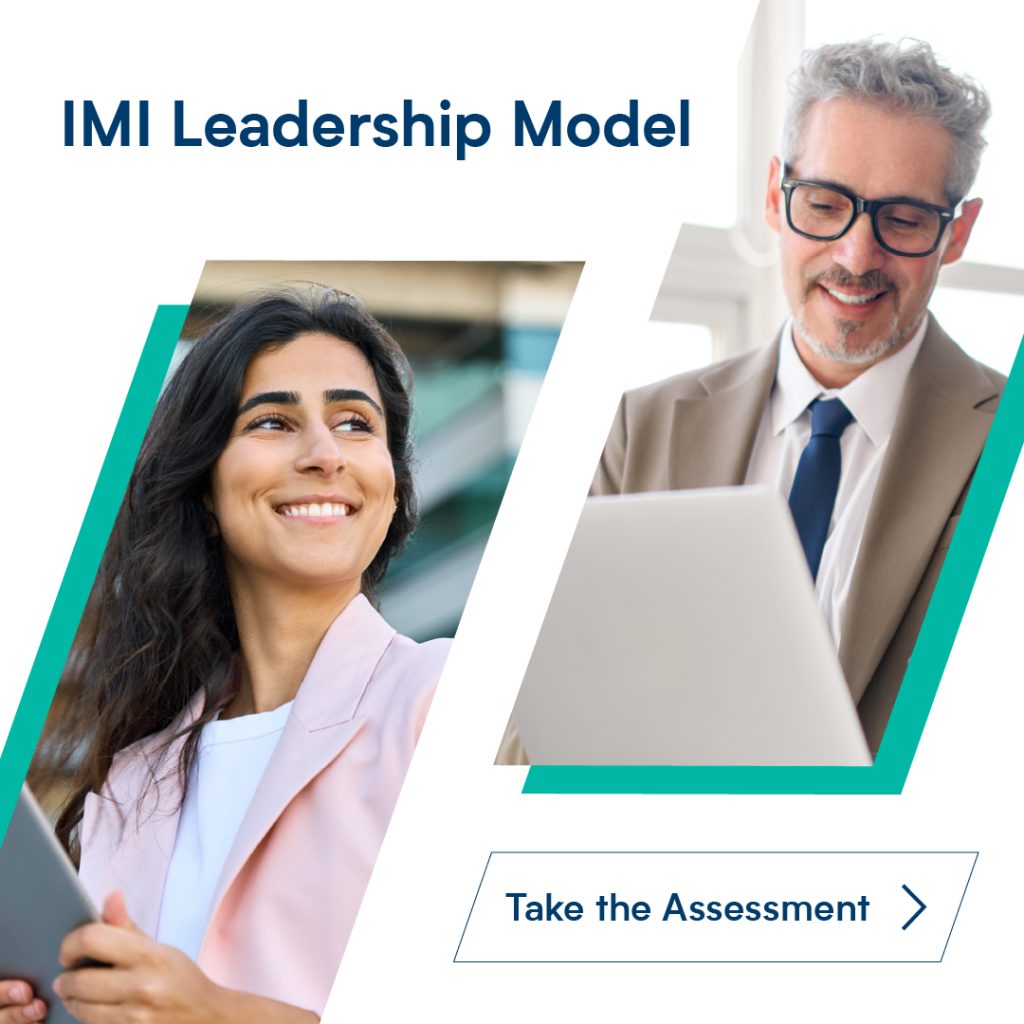5 Priorities for Becoming a More Strategic People Manager
To achieve sustained success in a rapidly changing world, leaders need to bring their people along with them. Increasingly, this calls for a more strategic approach to people management due to the unprecedented challenges thrown up over the last three years. To adapt to these changing realities, leaders must keep their finger on the pulse and study evolving business trends and changing workplace cultures. While no one can predict the future, understanding the annual shifts is crucial to keep pace with rapid developments.
Based on extensive research we’ve conducted with industry leaders and experts, here are the top 5 people management trends for 2023:
Diversity and Inclusion is non-negotiable
Organisations are increasingly making D&I a core part of their strategy. Giving everyone an equal chance irrespective of background opens up a larger talent pool and pipeline, filled with different skills, capabilities and experiences. Research shows that strong diversity and inclusion not only increases employee engagement and retention, but also leads to increased innovation and business performance: inclusive cultures are 8x more likely to achieve better business outcomes, 6x more likely to be innovative and agile, and 3x as likely to be high-performing. Increased diversity brings increased diversity of thought and problem-solving approaches, but even more importantly employees feel a sense of belonging and valued by their organisation.
Getting hybrid right
Misalignment can creep in when employees aren’t physically together every day, so it’s vital organisations create a working environment where all employees feel connected to both their co-workers and their organisation’s mission, vision and values. Overcoming the challenges around collaboration and creating a sense of belonging in a virtual environment are key, but they’re challenges for a reason and not easily overcome. Organisations are getting a lot right, but there’s more to do.
Adapting to changing employee expectations
The forced virtualisation of work during the pandemic not only upended traditional employment models but fuelled a revolutionary change in employee expectations. A one-size-fits-all package is no longer enough: today’s employees care about flexibility and quality of work, with ongoing upskilling and commitments to inclusion and sustainability – these all sit alongside financial wellness and traditional benefits, which are now but one slice of the pie. Organisations and leaders must recognise this need for a shift in thinking and culture in order to attract and retain talent, who desire to work for innovative and mission-driven companies that think beyond profit.
Establishing psychological safety
Just like with D&I, research shows that higher psychological safety leads to increased innovation and business performance. Psychological safety must be established for effective collaboration to take place, where teams feel safe to take risks and team members feel safe to speak up and share ideas without fear of ridicule. Failure to establish psychological safety is behind multiple corporate failures and scandals, so creating a space where open and constructive dialogue can take place is key. This may be aided by a coaching style of leadership, which hinges on asking questions and having critical conversations which facilitate development, learning and performance. Simple strategies may include leaders hosting team feedback sessions, which ensures junior members get their voice heard (especially if junior members are encouraged to speak first) and demonstrates that constructive criticism is positive and welcome once it doesn’t get personal.
Embedding learning into organisational culture
Upskilling and reskilling employees are more important than ever, both for individuals and organisations. Not only do employees build upon existing skills or learn new skills which can help them in their current role, but a commitment to learning and development shows that employers have their employees’ best interests in mind. A true learning culture goes beyond upskilling, with employees feeling valued and important to the organisation, which improves employee engagement and retention. This can require a mindset shift, or what Microsoft CEO Satya Nadella calls the process of going from being “know it all’s” to “learn it all’s.”
—
To fully harness the power of your people and drive cultural change, explore the Strategic People Management programme.



